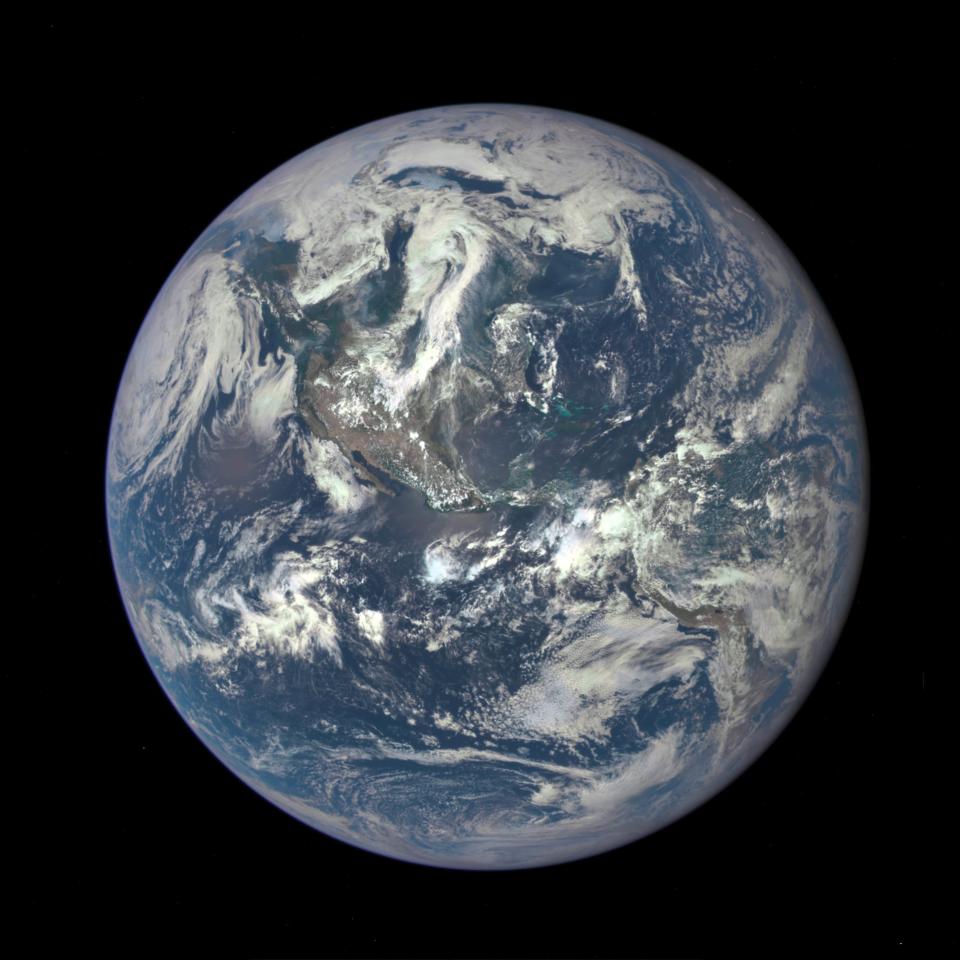Robots could replace humans within the next few hundred years, Astronomer Royal predicts

Robots could wipe out humans within the next few hundred years, according to Astronomer Royal Lord Rees.
The astrophysicist predicted that "within a few centuries machines will have taken over", with the potential of billions of years of history ahead of them - longer than humanity has had.
It would make human dominance on Earth just a small transitional phase in the planet's history.

Speaking to website The Conversation, Lord Rees, Emeritus Professor of Cosmology and Astrophysics at the University of Cambridge, said within the next 10 or 20 years we could expect to have technology that will allow us to search for alien life.
However he said even if there is life out there, it may not necessarily be "intelligent life".

"My guess is that if we do detect an alien intelligence, it will be nothing like us. It will be some sort of electronic entity," he said. "If we look at our history on Earth, it has taken about 4 billion years to get from the first protozoa to our current, technological civilisation.
"But if we look into the future, then it’s quite likely that within a few centuries, machines will have taken over – and they will then have billions of years ahead of them.
"In other words, the period of time occupied by organic intelligence is just a thin sliver between early life and the long era of the machines.
"Because such civilisations would develop at different rates, it’s extremely unlikely that we will find intelligent life at the same stage of development as us. More likely, that life will still be either far simpler, or an already fully electronic intelligence."

 Yahoo News
Yahoo News 
